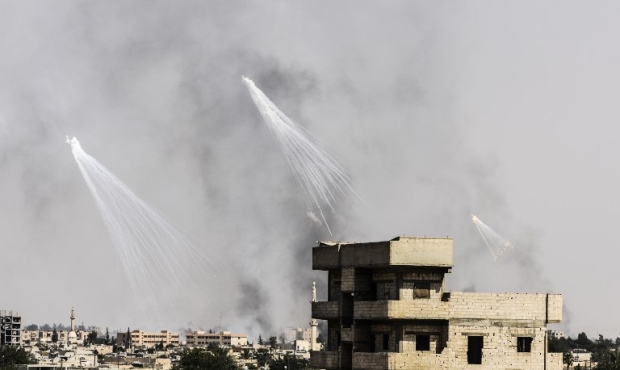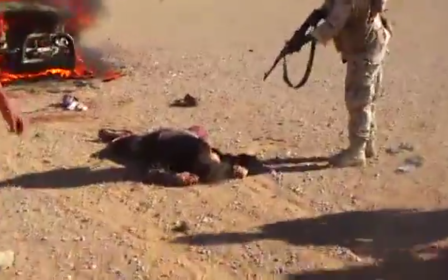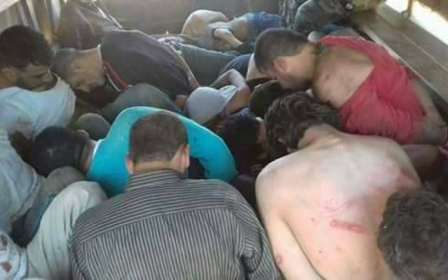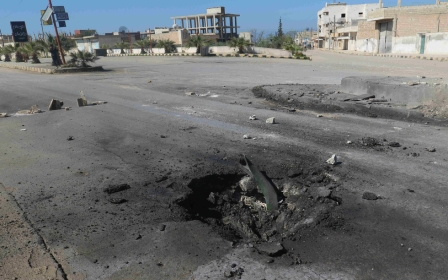Battle for Raqqa: Kurd forces admit setbacks but deny retreat
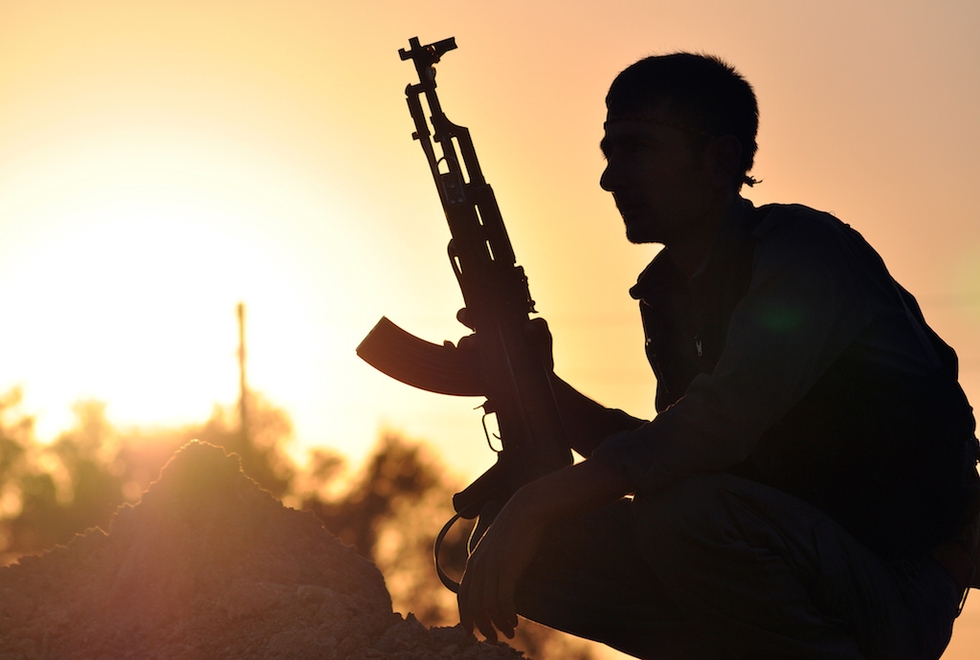
US-backed Kurdish forces have reportedly faltered in their advance on the Islamic State-held "capital" of Raqqa, following a mounting death toll and tougher than expected resistance from the militant group.
A spokesman for the Syrian Democratic Forces (SDF) told the Syria Direct website that its strategy in the eastern region of the city had been re-evaluated to take into consideration the destruction of historical sites and the killing of civilians.
"We are fighting and advancing with great caution," said the commander, who did not divulge his identity.
He added that the "IS fortifications appear stronger" than had previously been assumed.
The admission has followed other reports indicating that the much-lauded assault on Raqqa has run into difficulties, although US officials involved in the offensive have categorically denied that operations had been suspended.
"Operations to defeat Daesh [IS] in Raqqa continue," said Ryan Dillon, a spokesperson for Operation Inherent Resolve (OIR), in a statement on Twitter.
"SDF claimed more than 35km2 from ISIS this week. SDF have not suspended operations; not true."
Commanders from the SDF, a Kurdish-Arab coalition dominated by the pro-Kurdish People's Protection Units (YPG), have also been keen to deny that they had been facing problems.
"Such rumours are spread to smear our operations," said SDF commander Klara Reqa on Monday.
"Fighting continues, we are advancing."
The SDF claims it has liberated eight neighbourhoods in Raqqa, including most recently the Yarmouk neighbourhood, since the operation to capture Raqqa was launched on 6 June - leaving around 35 percent of Raqqa under SDF control, according to the Syrian Observatory for Human Rights.
But the attack has been taking a heavy toll on the SDF and casualties are said to be mounting sharply.
On Monday, the Pentagon said that casualty figures were "absolutely" rising, though they did not provide specific figures.
"We knew that Raqqa was going to be very hard," Pentagon spokesperson Jeff Davis said. "It's a stop-and-go effort by its very nature."
Civilian casualties mount
NGOs have warned that the SDF assault on Raqqa, combined with US air strikes, has caused high numbers of civilian deaths.
According to an investigation by the monitoring group Airwars, in the three months before the SDF breached Raqqa's city limits, more than 700 civilians were probably killed in the vicinity of the city.
"The majority of civilians killed in Raqqa are being killed by heavy weaponry, which is almost all from the coalition rather than from the SDF, as far as we can tell," said Airwars head Chris Woods, speaking to Syria Direct.
"Often they cannot know whether civilians are present when they are conducting air and artillery strikes."
Airwars revealed on Tuesday that around 2,300 civilians had been killed in the US anti-IS campaign during the administration of Barack Obama, while a further 2,200 had been killed since the inauguration of Donald Trump in January.
The coalition put the figure much lower at 603 killed, but said that 40 percent of those deaths took place in the first four months of the Trump presidency.
Raqqa is a densely populated city and many fear the civilian death toll could continue to climb.
The UN has warned that tens of thousands of civilians remained trapped in the city, where IS are using many as human shields.
"Now that they are in the Old City, they're in a much more densely populated area," said Hussam Eesa from the Raqqa is Being Slaughtered Silently activist collective.
"We may be counting casualties by the hundreds," he told AFP.
The US has also admitted using white phosphorous during the fighting. Although primarily used for illuminating battle zones, human rights activists have warned that the chemical, which burns through skin on contact, can be harmful when used in highly populated urban areas.
More than 330,000 people have been killed in Syria since the conflict began with anti-government protests in March 2011.
Stay informed with MEE's newsletters
Sign up to get the latest alerts, insights and analysis, starting with Turkey Unpacked
Middle East Eye delivers independent and unrivalled coverage and analysis of the Middle East, North Africa and beyond. To learn more about republishing this content and the associated fees, please fill out this form. More about MEE can be found here.


